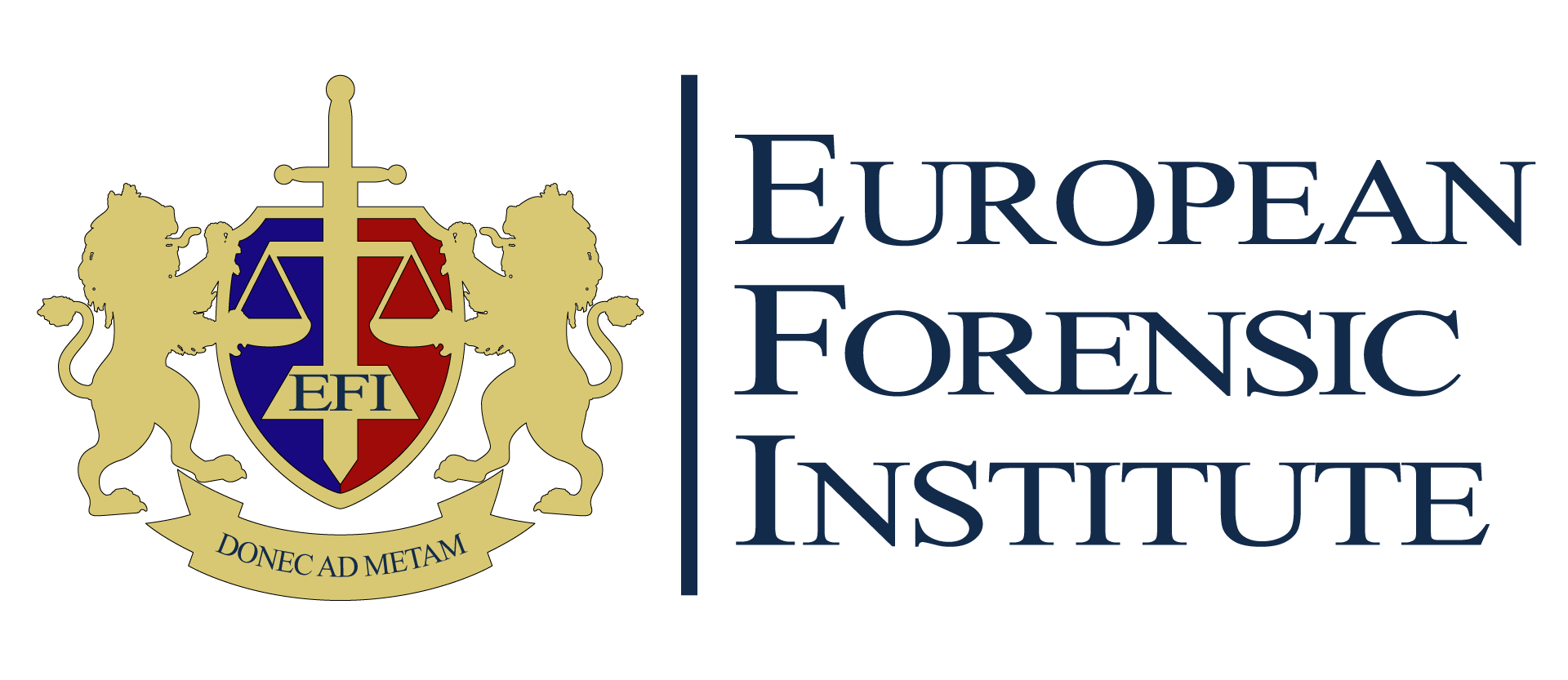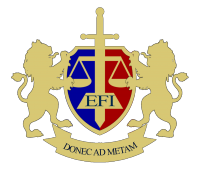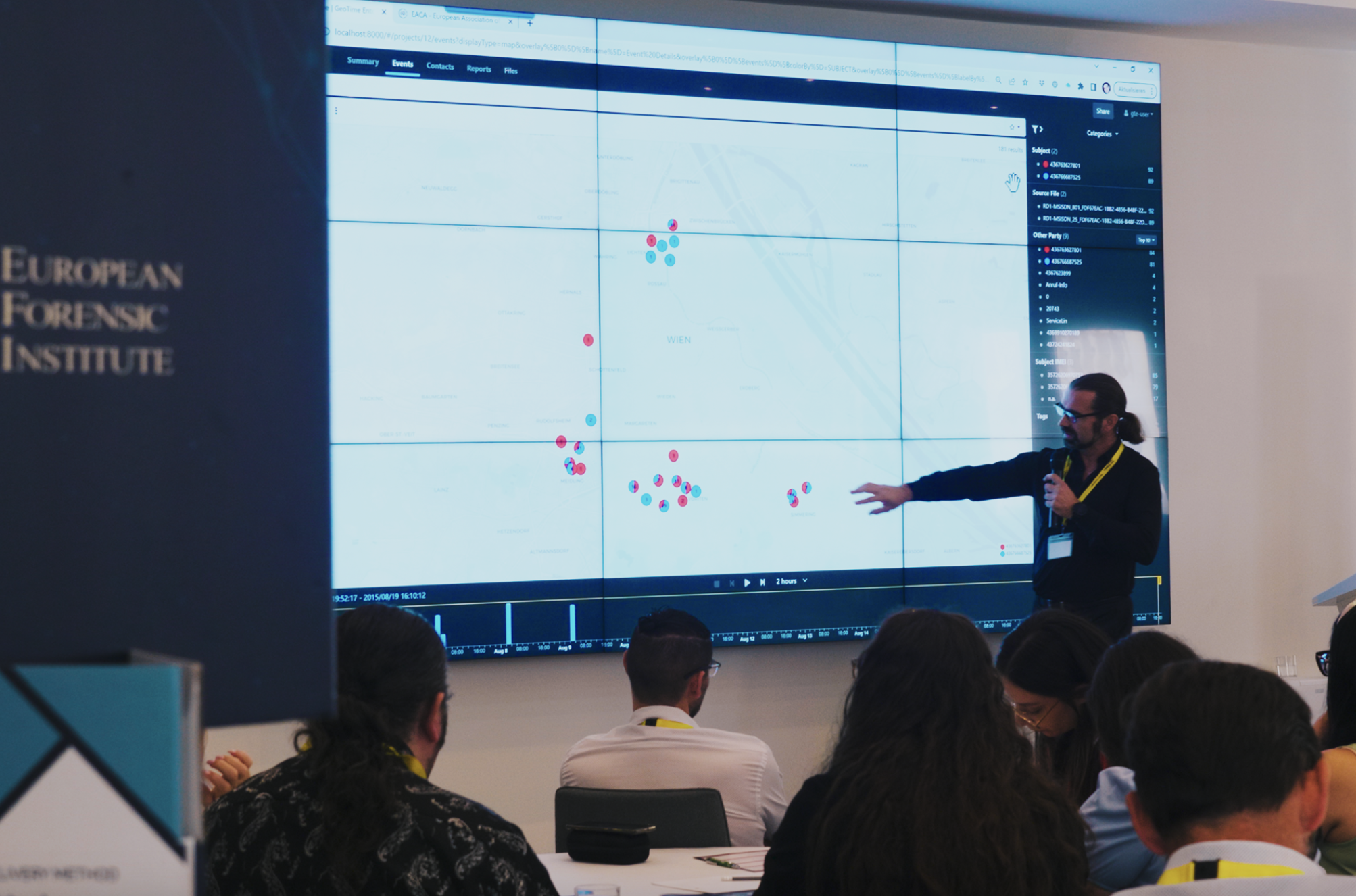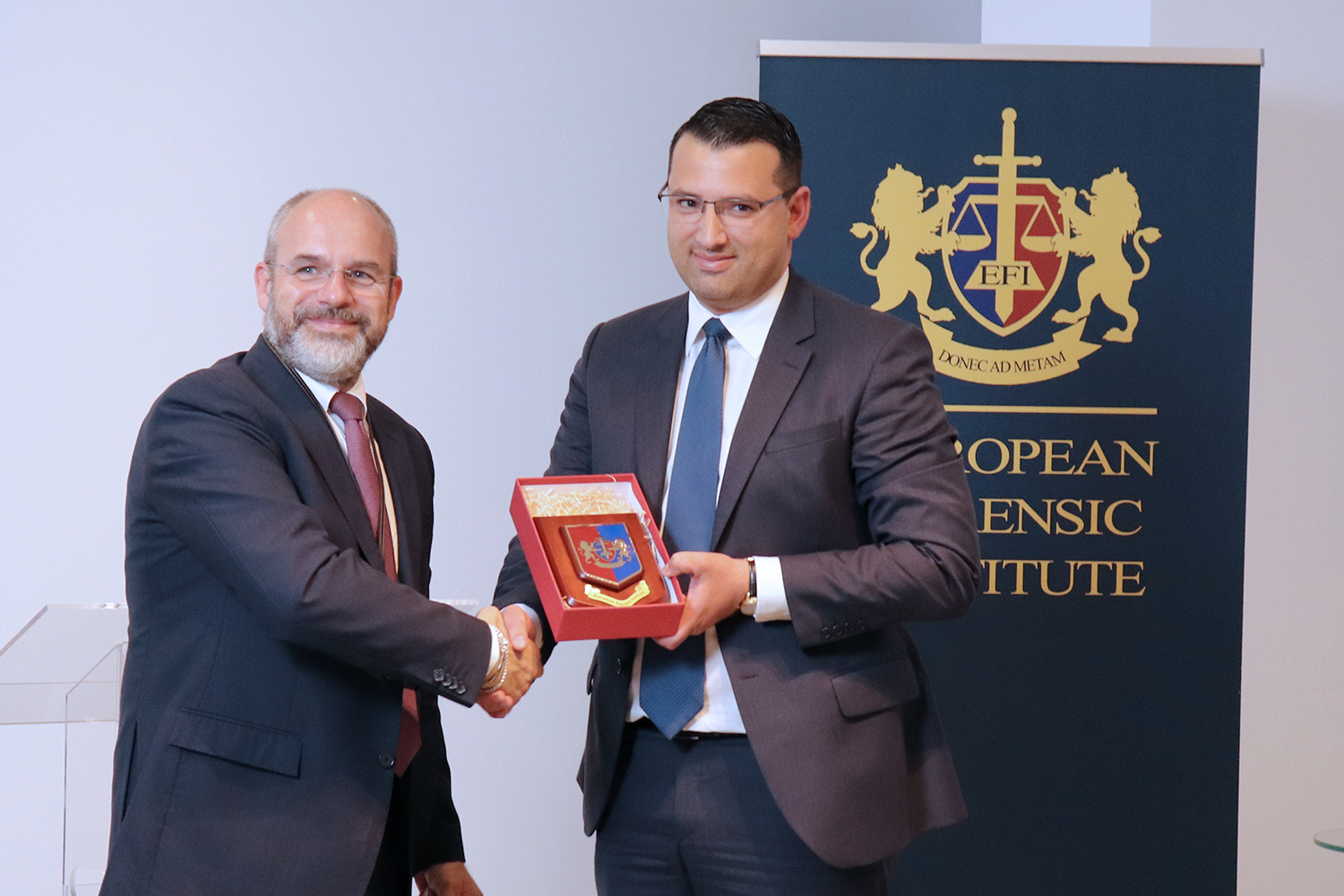Business Management and Financial Crime
Master’s in Business Management, Financial Crime and Digital Technologies
Our Master’s in Business Management, Financial Crime and Digital Technologies is specifically designed to meet the requirements of the labour market in the information age. The integration of business management, financial crime and digital technologies enables students to embark on a high-level professional career.
The programme strongly emphasizes the importance of responsible business practices with compulsory modules in ESG and Ethics. A company’s values and principles play a central role both in its success/failure and in countering fraudulent business practices. Topics explored in the financial crime modules include forensic accounting, fraud, tax crimes, bribery and corruption, as well as the legal aspects of judicial investigations.
Given the increasing reliance on digital technologies in business management, this Master’s programme includes modules on web and open-source intelligence for business and data analysis. Optional modules are available for specialisation in artificial intelligence and machine learning, blockchain and ERP systems.
COURSE MAIN INFORMATION
Area: Business Management and Financial Crime
Duration: Full-time 18-month postgraduate programme
Final qualification: European Qualification Framework Level 7
Accreditation: Malta Further and Higher Education Authority
Category: Higher Education Programme
Credits: 90 ECTS; 30 ECTS per semester
Delivery Method: Virtual Classroom
Hours: 450 hours of teaching
Attendance: 90% compulsory for each module
Laboratory sessions: Online
Written Assessments: Online
Language of instruction: English
Commencement: First intake expected in November 2024
SPECIFIC ENTRY REQUIREMENTS
Qualification
Bachelor’s degree – MQF/EQF Level 6 or equivalent
Language
English – CEFR B2 or equivalent such as Overall IELTS Academic Band score of 5.5 and above or TOEFL 46 above. If the language of instruction of the previous qualification (EQF Level 6) was delivered in English, the candidate will be considered to have met the language requirement.
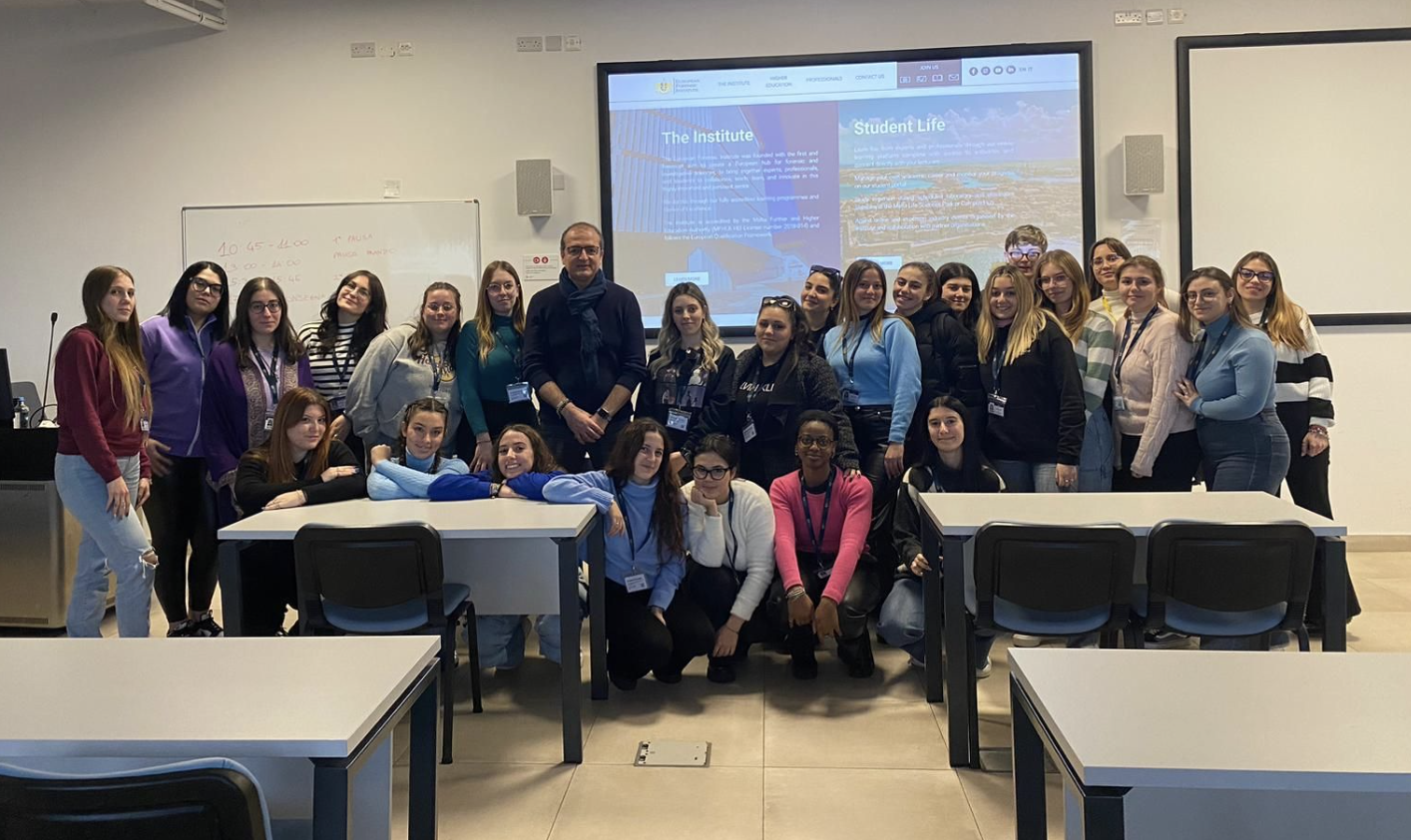
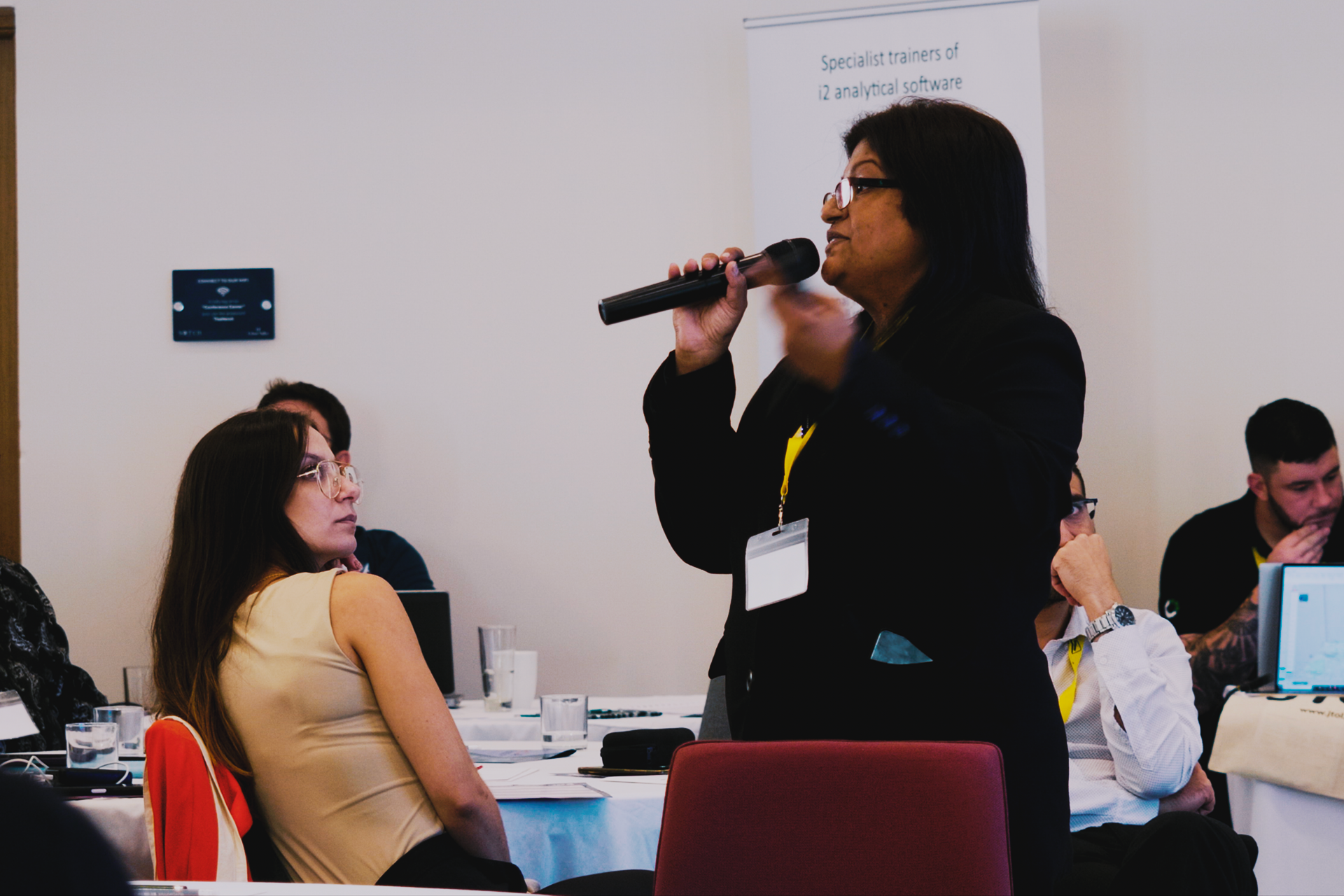
Teaching Method
ONLINE LESSONS
Live Virtual Classroom with lecturer on our Digital Campus (MS Teams), attendance is compulsory.
EXAMS AND RESITS
100% Online.
RESEARCH AND FINAL DISSERTATION
Independent research, online presentation and submission.
OPTIONAL SEMINARS
Students are encouraged to join training, workshops and events organised in related fields by international organizations and associations.
What marks this course apart?
The unique combination of this course at the intersection between business management, financial crime and digital technologies sets this course apart from most traditional business courses. This Master’s programme combines the management and governance aspects of most business courses with the analytical and problem-solving investigative skillset allowing for learners to gain from both perspectives and preparing them for the real-world challenges of today’s professionals.
Job-oriented learning
Being a student at the European Forensic Institute means acquiring knowledge, skills and competences directly from the source. From forensic practitioners that work on a day-to-day basis as experts in the field they teach. In fact, our lecturers are working forensic consultants or researchers, giving student the unique opportunity to interact with lecturers both professionally as well as academically. In other words, being a student at the European Forensic Institute means “learning about a job in the job market”.
Career paths
The Master’s in Business Management, Financial Crime and Digital Technologies trains future experts that will be able to carry out their activities in the following fields:
Business Administration/Management (governance, compliance, internal controls, business operations, business analysis, BPO, sustainability and ESG)
Audit and Investigations (internal audit, financial/white-collar crime, OSINT, ESG)
Regulatory/Law Enforcement (AML/KYC, tax, regulatory due diligence, ESG)
Compliance (financial services, public listed companies, government/government-linked entities, ESG)
Business Risk Management (threat analysis, data governance, risk management and prevention)
Data Analysis (business intelligence, business analysis and strategy, sales and marketing)
Consultancy/Advisory (business processes, internal controls, governance and compliance, white-collar crime investigations, ESG)
